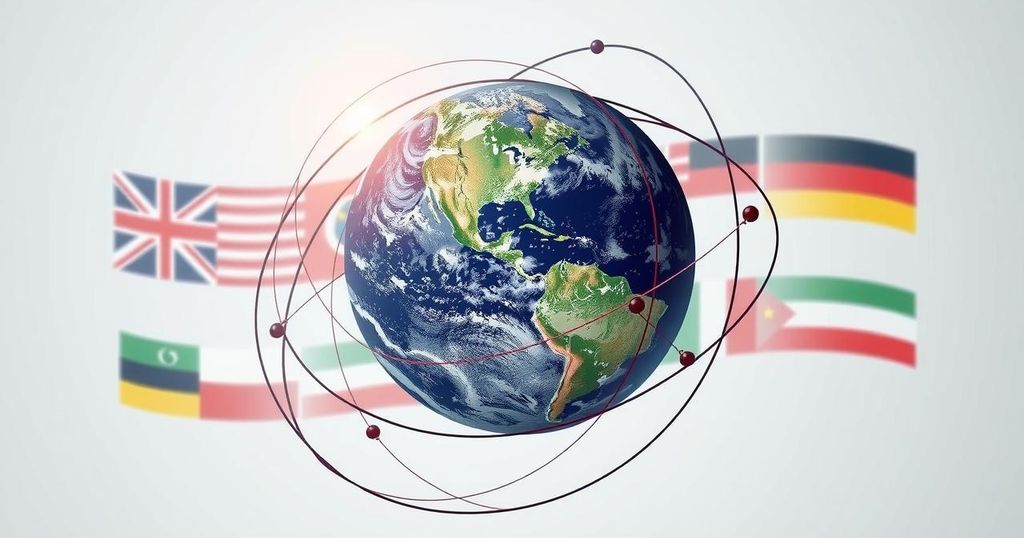Argentina has decided to withdraw from the World Health Organization, following the lead of the United States, citing dissatisfaction with the WHO’s pandemic management. This move is seen as a way to protect national sovereignty and adopt more flexible health policies. The Argentine government maintains that this decision will not compromise the country’s financial resources.
Argentina announced its withdrawal from the World Health Organization (WHO), echoing the United States’ previous decision. President Javier Milei’s administration cited significant disagreements regarding health management during the COVID-19 pandemic, emphasizing the need to defend national sovereignty. The spokesman for Milei, Manuel Adorni, indicated that Argentina aims to implement health policies tailored to its local context without WHO interference, claiming greater flexibility in resource allocation.
The World Health Organization has faced scrutiny for its handling of the COVID-19 pandemic, particularly regarding lockdown measures and their economic repercussions. The U.S. withdrawal under President Trump marked a significant shift in international health relations, which has influenced other nations, including Argentina under President Javier Milei. Argentina’s contribution to the WHO budget has been minimal, leading the government to assert that its departure will not hinder access to funding or resources.
In summary, Argentina’s exit from the WHO reflects growing discontent over international health governance, particularly in light of pandemic responses. President Milei’s decision underscores a broader trend among like-minded leaders to prioritize national policy autonomy over multilateral health cooperation.
Original Source: www.thedailymail.net




